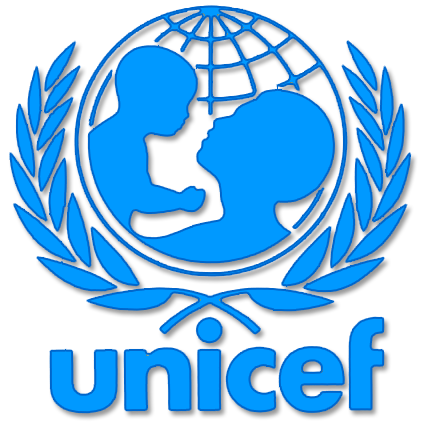 Children are increasingly vulnerable to recruitment and use by armed groups as conflicts around the world become more brutal, intense and widespread, UNICEF and the UN Special Representative for Children and Armed Conflict said on Thursday.
Children are increasingly vulnerable to recruitment and use by armed groups as conflicts around the world become more brutal, intense and widespread, UNICEF and the UN Special Representative for Children and Armed Conflict said on Thursday.This was contained in a statement issued and copied to the Ghana News Agency to mark the International Day against the Use of Child Soldiers.
The statement said “while governments of the world have made progress to recognize children have no place in their armies, the recruitment of child soldiers is still a huge problem, especially with armed groups,” said Leila Zerrougui, the Special Representative of the Secretary-General for Children and Armed Conflict.
”Out of 59 parties to conflict identified by the Secretary-General for grave violations against children, 57 are named because they are recruiting and using child soldiers,” it added.
UNICEF and the office of the special representative call for urgent action to end grave violations against children including their recruitment and use by armed groups, parties to conflicts must meet their obligations under International Law.
“The release of all children from armed groups must take place without delay. We cannot wait for peace to help children caught in the midst of war,” said UNICEF Deputy Executive Director Yoka Brandt. “Investing in ways to keep children away from the frontlines, including through education and economic support, is absolutely critical to their future and the future of their societies.”
The statement said tens of thousands of boys and girls are associated with armed forces and armed groups in conflicts in over 20 countries around the world. Many have been victims of, witness to and forced participants in acts of unspeakable brutality.
The statement indicated that in Afghanistan, despite progress to end the recruitment and use of children in national security forces, children continue to be recruited by parties to conflict such as the Haqqani Network and the Taliban.
In the most extreme cases, children have been used as suicide bombers, to make weapons and transport explosives.
In the Central African Republic, boys and girls as young as eight years old were recruited and used by all parties to the conflict to take direct part in inter-ethnic and religious violence.
In the Democratic republic of the Congo, the United Nations documented new cases of recruitment of children by multiple armed groups operating in the eastern part of the country, adding that the children, in some cases as young as 10, were recruited and used as combatants, or in support functions such as porters and cooks. Girls were reportedly used as sex slaves or were victims of other forms of sexual violence.
Iraq and In Syria, the advances by ISIL and the proliferation of armed groups have made children even more vulnerable to recruitment. Children as young as 12, are undergoing military training and have been used as informants, to patrol, to man checkpoints and to guard strategic locations. In some cases, they have been used as suicide bombers and to carry out executions.
UNICEF works with partners to support children once they are released from armed groups. This includes reunifying them with their families and providing them with health care, basic necessities and psychological support as well as access to education and training programmes.
Just recently, the gradual release of approximately 3,000 children from the South Sudan Democratic Army (SSDA) Cobra Faction began. More than 500 children have been released in the past two weeks and are receiving support to return to civilian life. Further releases are expected over the next month.
Source: GNA























